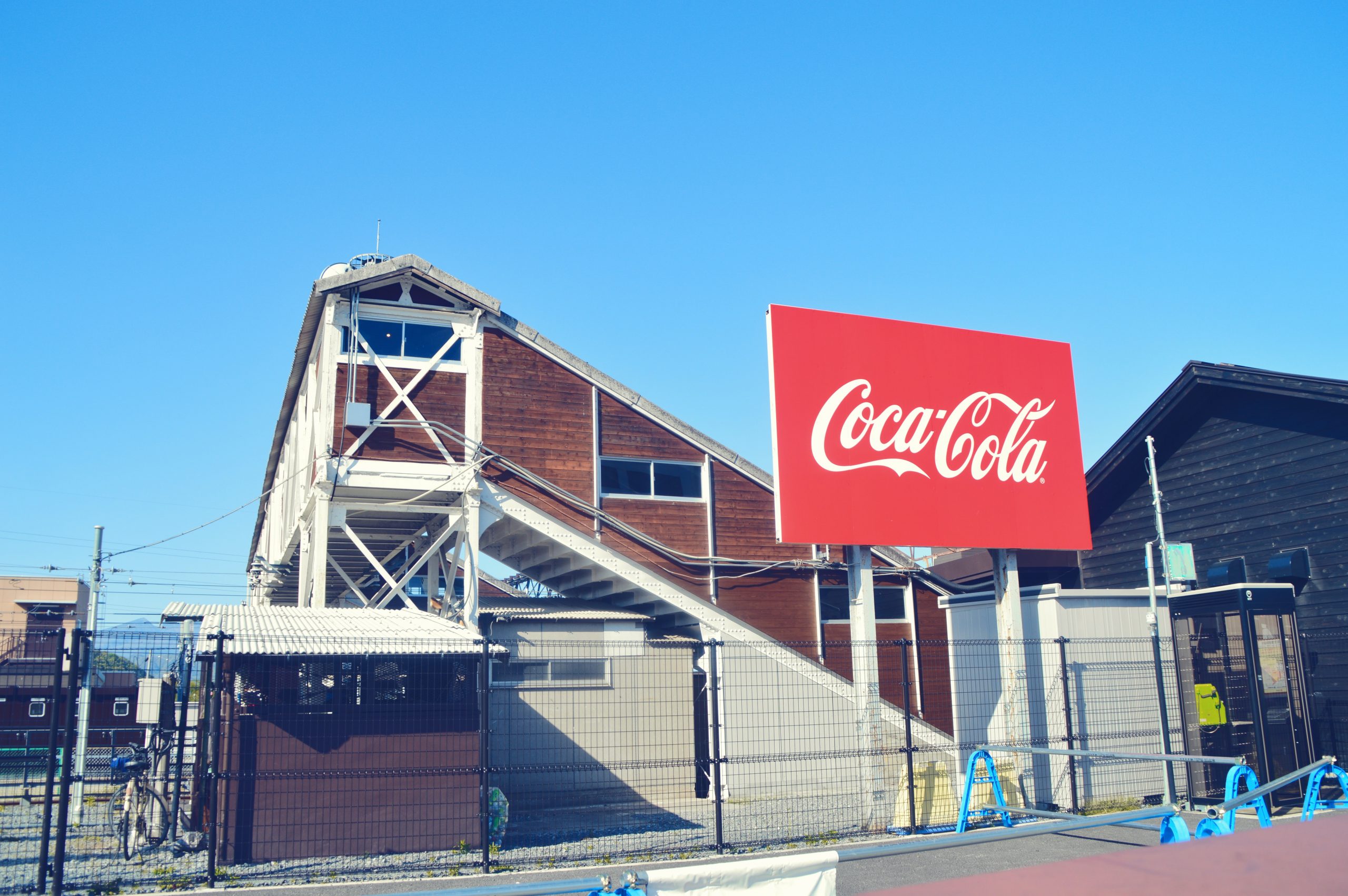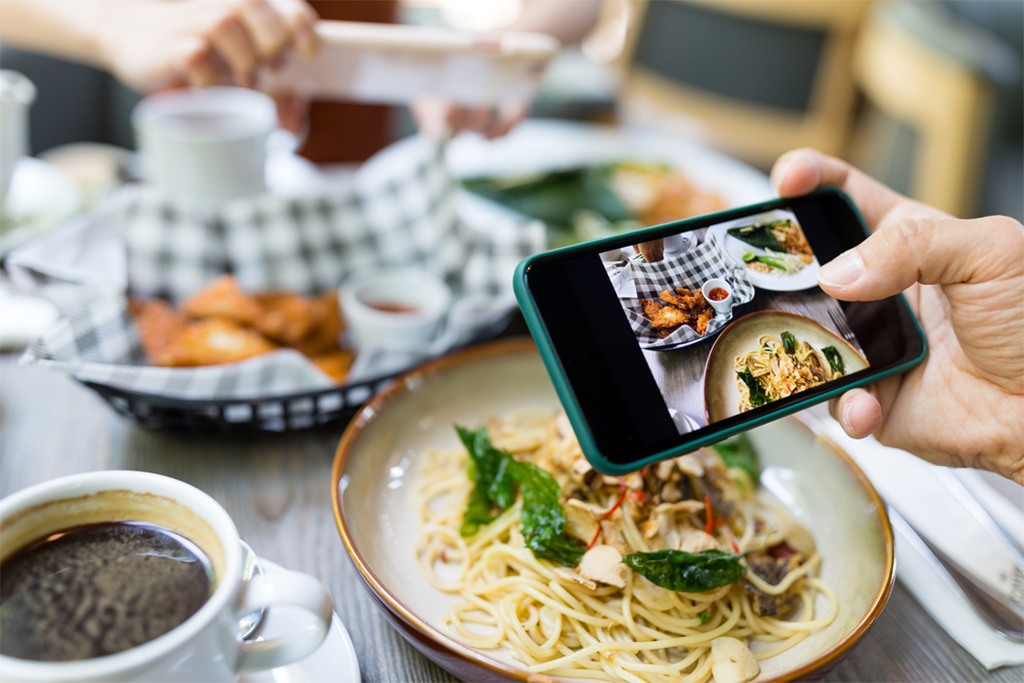Brand hate is a relatively new concept in the literature that aids understanding of the intense negative feelings of consumers toward brands. While research has applied this concept to product brand contexts, it has received little attention in the tourism sector.
Thus, the purpose of this study is to conceptualize the notion of destination brand hate. Through a qualitative study with 20 semi-structured interviews, we propose a definition of destination brand hate and identify three sets of antecedents (experience-related, individual-related, and destination-related antecedents) and two sets of consequences (behavioural and cognitive consequences).
This study contributes to the literature on the relationships between tourists and places by demonstrating that these relationships can also be based on the most extreme negative emotion – hate.





